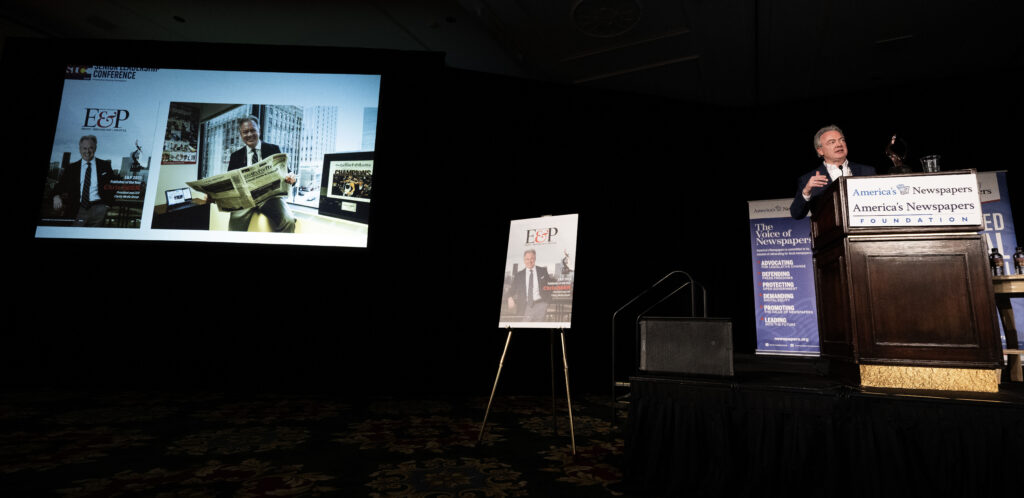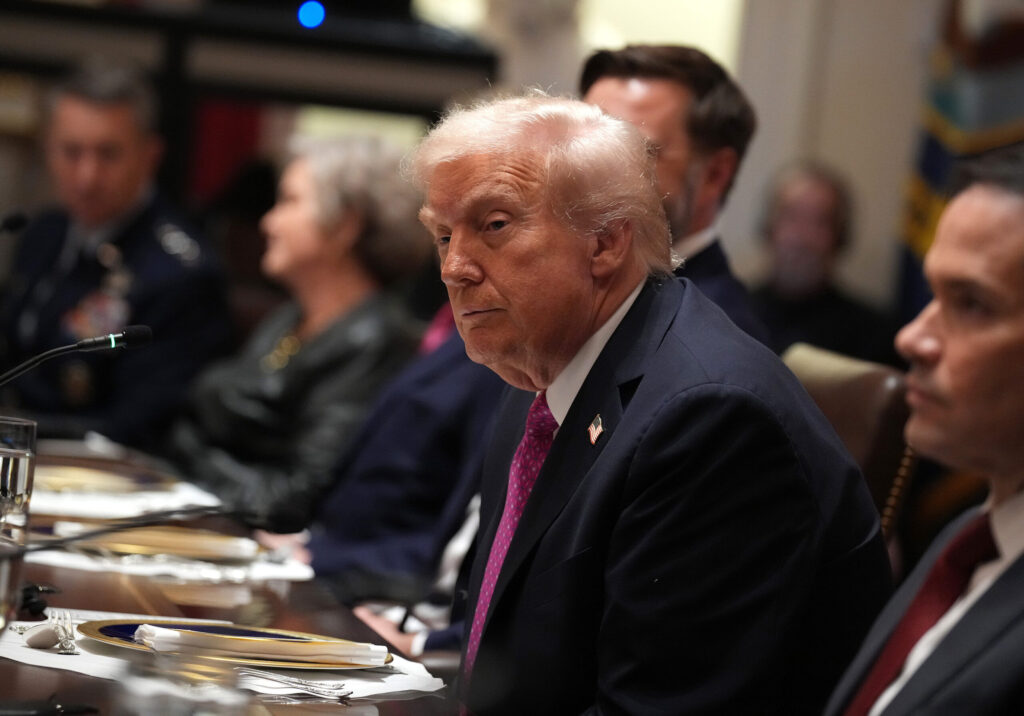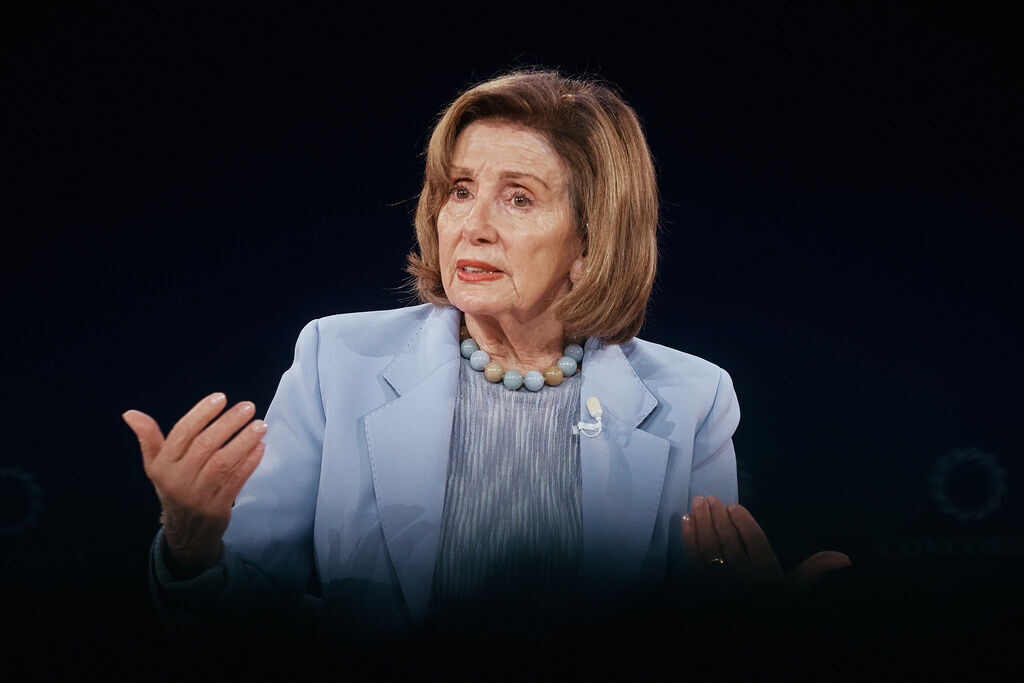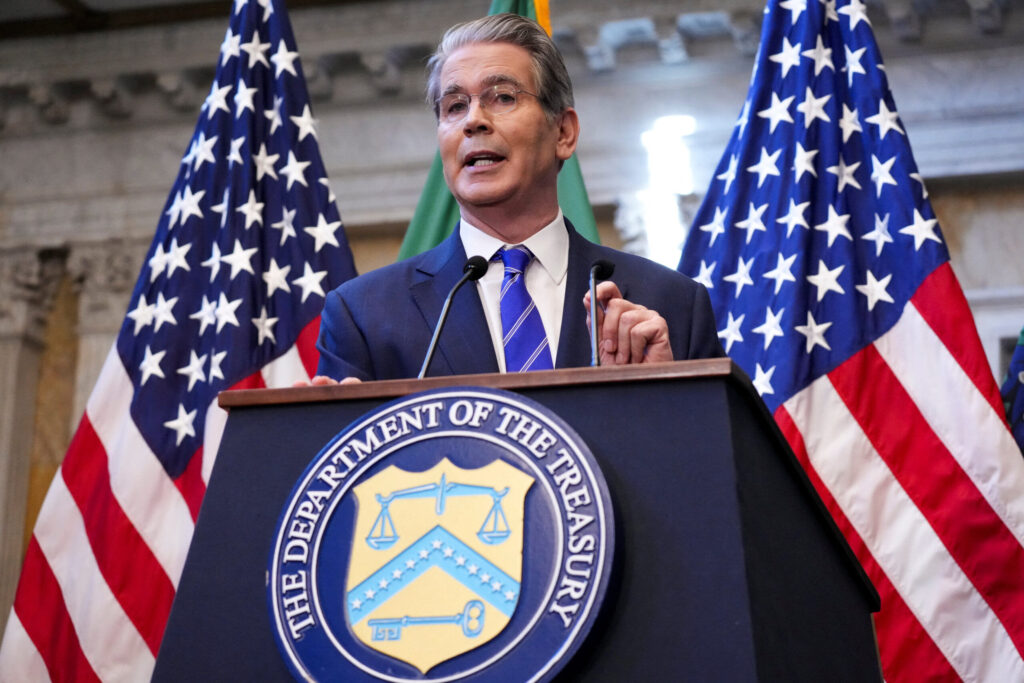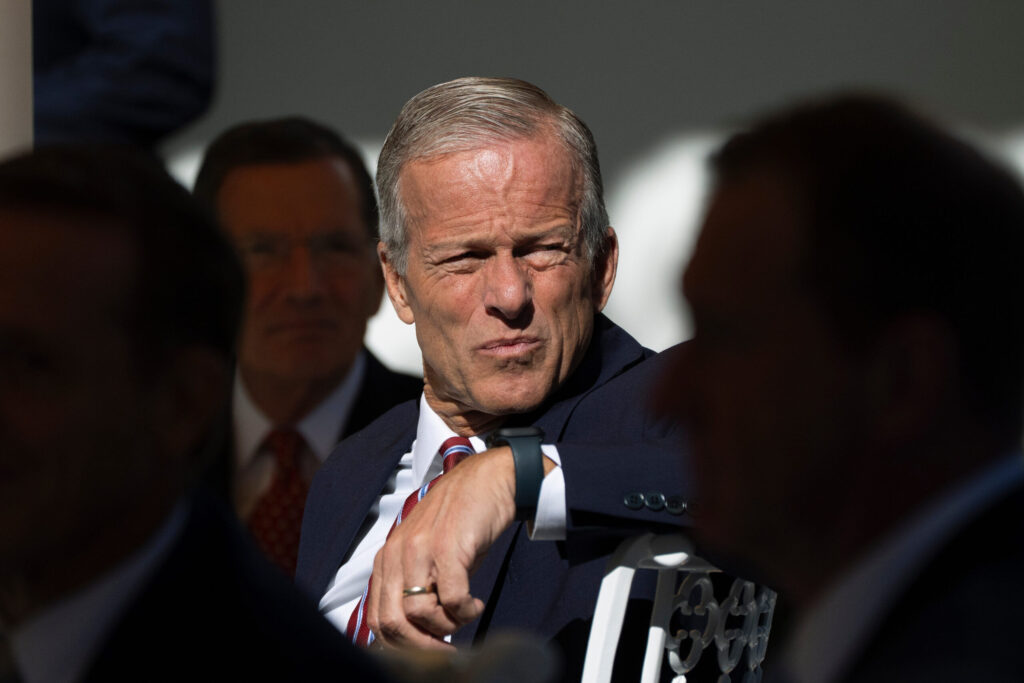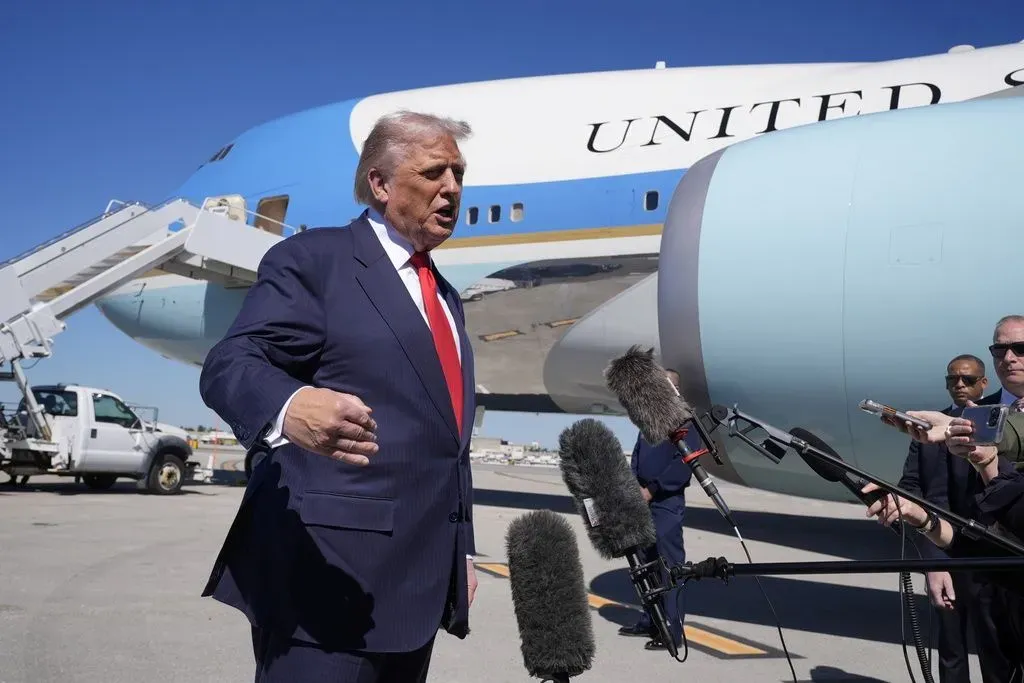Stars urge Congress to pass the American Music Fairness Act
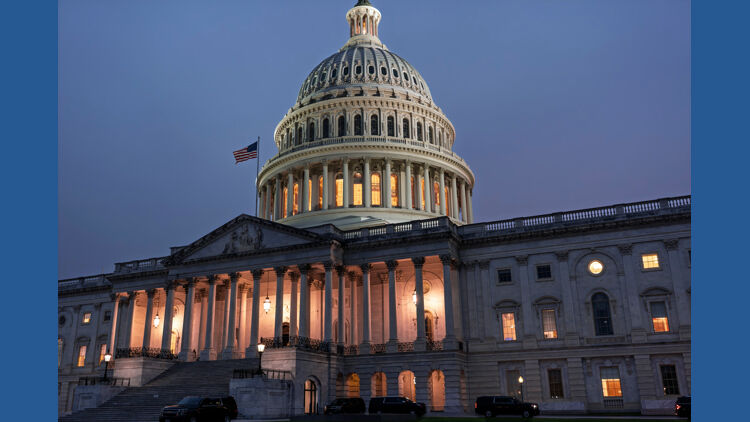
EXCLUSIVE — Major singers are set to send a letter to congressional leaders in support of a bill that requires the radio industry to pay artists when their music is played.
The letter follows a bill that would make it mandatory to install AM radio in every new vehicle manufactured in the United States, which was marked up at a House Energy and Commerce Committee hearing. These artists are demanding that performers not be left behind when considering legislation that benefits the radio industry.
“In the United States of America, every person deserves to be paid for the use of their work. But because of the power held by giant radio corporations in Washington, artists, both big and small, continue to be overlooked, even as every other music delivery platform, including streaming services and satellite radio, pays both the songwriter and performer,” the artists wrote.
“When you save the radio industry by mandating its technology remain in cars, we ask that you save the musician too and allow us to be paid fairly when our music is played,” they continued.
The letter was signed by major artists including Barry Manilow, Lil Jon, Smokey Robinson, and Gloria Gaynor. Gaynor is a Kennedy Center Honoree this year.
The American Music Fairness Act was introduced by Reps. Darrell Issa (R-CA) and
Jerry Nadler (D-NY) and Sens. Marsha Blackburn (R-TN) and Alex Padilla (D-CA), who support that artists be fairly compensated. The rates for small broadcasters compared to those of commercial broadcasters are lower, in an effort to protect local stations while also providing artists with royalties for their music.
The corporate radio industry made $13.6 billion last year and played 240 million songs without paying the performers. These radio platforms are the only ones that do not pay the performers. In contrast, streaming services such as Apple Music, Spotify, Pandora, and SiriusXM all pay songwriters and performers, leaving the U.S. as the only Democracy that has AM and FM radio not paying performers.
“This is something that’s been around for 100 years, since radio started, that artists haven’t been paid, so they are paid on the songwriter side, but the performer isn’t paid,” SoundExchange Government Relations and Public Policy Senior Vice President Peter Karafotas told the Washington Examiner.
The bill also aims to help American artists collect millions of dollars that are currently “stuck overseas.”
“Because our performers aren’t paid in the US, they’re not paid overseas,” Karafotas explained. “So countries like France actually collect American royalties and then spend them on their own cultural fund to support French artists.”
These artists are not the first to raise awareness about this matter; the long-standing topic was championed by Frank Sinatra in the 1980s, as he sought to enlist many other major stars in his fight.
“Our goals can only be achieved with the strong support of recording artists like yourself,” Sinatra wrote to Bruce Springsteen on Dec. 12, 1988. “As you can imagine, such an undertaking will require substantial financial resources to enable us to gather support, prepare legislation, and lobby for passage of such legislation — first in California, then in Washington.”
“We are optimistic that with a united effort, we will be able to achieve successful results within a reasonable period of time,” Sinatra added at the end of the letter.


